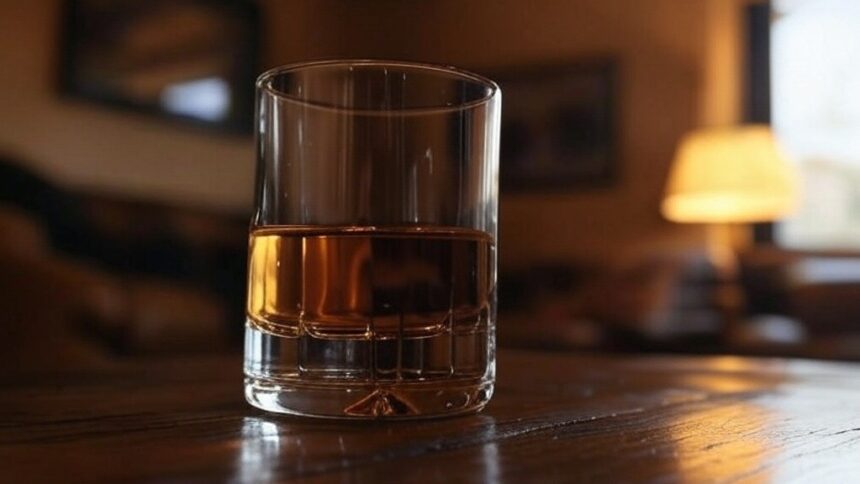Scottish whiskey enthusiasts in India are down. Within the framework of the newly concluded Indian UK free trade agreement (ALE), the Indian government has agreed to reduce the current 150% import rate on Scotch Whiskey-a move greeted as “transformational” by the Scotch Whisky Association. The price will drop immediately to 75% once the agreement has entered into force and will gradually decrease to 40% over the next decade.
The decline should bring up higher quality scotchis whiskeys and mid -range of average Indian consumption, considerably reducing retail prices. A bottle that is currently sold at 5,000 ₹ could soon cost around 3,500 to 4,000 ₹ after the first reduction, and even less in the coming years depending on local taxes and distributors’ margins.
Mark Kent, director general of the Scotch Whiskey Association, described the FTA an “agreement once in generation”, adding that this “would be a big boost for two major world economies during turbulent times”. He noted: “Reducing the current rate of 150% on Scottish whiskey will be transformative for industry and has the potential to increase the exports of Scottish whiskey to India by 1 billion pounds sterling over the next 5 years, creating 1,200 jobs through the United Kingdom.”
Beyond the prices, the drop in prices opens the doors for a larger range of Scottish brands – in particular small boutique distilleries – to enter the Indian market. Waiting is an increase in variety, quality and promotional offers while British brands compete with Indian whiskeys for the spaces of the shelves and consumer loyalty.
The FTA, announced jointly by Prime Minister Narendra Modi and British Prime Minister Keir Starmer, reflects a larger commercial vision with bilateral trade which is expected to be more than $ 100 billion by 2030. According to the United Kingdom estimates, Indian prices on British products – including whiskey, cars, cosmetics and medical aircraft – to more than 400 million pounds Sterling in the first year, doubling £ 900 in the next decade.
British officials consider whiskey as one of the many “victories” in an agreement which, according to them, offers “billions for the British economy and wages each year”.








